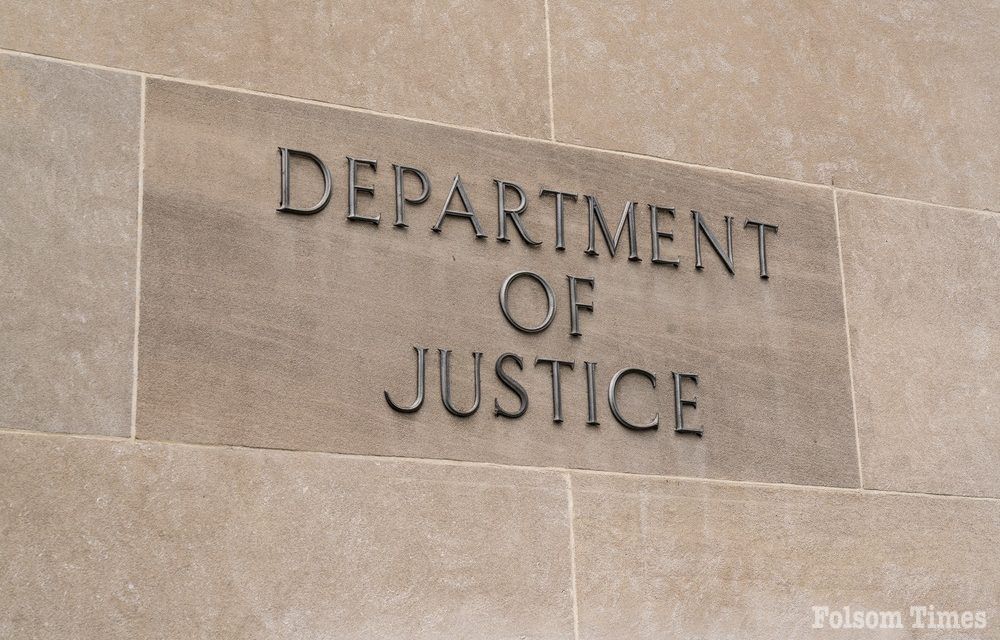SACRAMENTO—A former university employee has been indicted on charges of conspiracy to transport stolen property interstate after allegedly selling stolen Apple products to a contact in Folsom, Acting U.S. Attorney Michele Beckwith announced.
Tung Pham, 59, of San Jose, worked as a facilities and purchasing coordinator for the library of a public university in San Jose, where he was entrusted with a university procurement card to purchase supplies. However, according to court documents, Pham used the card to buy Apple MacBooks and iPads, which he stole and sold for personal profit. One of his buyers was a co-conspirator based in Folsom, who then resold and shipped the stolen devices to buyers outside California.
The indictment, which was unsealed this week, alleges that between April 2019 and March 2020, Pham communicated via text messages with his Folsom contact to negotiate prices for some of the stolen items. Prosecutors say he used the university’s credit card to purchase Apple products from Best Buy, Staples and the university’s own bookstore. To conceal the fraud, Pham allegedly falsified procurement records, claiming he had purchased disinfectant wipes, business card holders, and other office supplies instead of high-value electronics. In one instance, he reportedly disguised the purchase of a MacBook as rental fees and water cooler expenses.
The Folsom-based co-conspirator, who was not named in the indictment, due to the ongoing investigation. According to the media release from the U.S. Attorney’s Office, the Folsom individual played a key role in distributing the stolen devices beyond California, authorities said. The investigation is ongoing.
The case is being investigated by the IRS Criminal Investigation and the FBI. Assistant U.S. Attorney Matthew Thuesen is prosecuting the case.
If convicted, Pham faces a maximum penalty of five years in prison and a $250,000 fine. Sentencing would be determined at the discretion of the court, taking into account statutory factors and federal sentencing guidelines.




